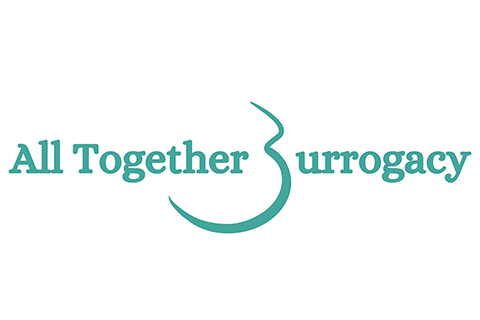What is surrogacy?
Surrogacy refers to an arrangement where an individual agrees to become pregnant for the purpose of carrying and giving birth to a child for others.
Who needs surrogacy?
Below are a few of the conditions that may require the use of a surrogate:
- Women born without a uterus, or who have had their uturus removed
- Women that no longer produce eggs
- Women that have been diagnosed with a uterine abnormality
- Women that suffer from a serious heart condition
- Women that have had recurrent miscarriages, stillbirths, and/or pre-term deliveries
- Women that have suffered from any type of complication that could endanger their life or the life of their unborn child
- Women that are on medications that are dangerous to take while pregnant
- Women that suffer from immune disorders
- Men that suffer with problems with ejaculation or disorders affecting sperm production
- Men who are infertile from the side effects of treatment of testicular cancer
- Men who have had testicular damage either from injury or infection (such as mumps)
- Men who have a rare genetic or hormone deficiency which causes infertility
- Partners with unexplained infertility
There are many other reasons to consider surrogacy, including:
- Women that have had several failed IVF procedures
- Same sex couples
- Single intended parents
What is altruistic surrogacy?
Altruistic surrogacy refers to surrogate mothers who do not receive any fees, only reimbursement for out-of-pocket expenses. Commercial surrogacy is prohibited in Canada
What are the risks of being a surrogate?
Surrogacy comes with the same risks as any other pregnancy, this can include miscarriage, ectopic pregnancy, haemorrhage, retained product or other gynaecological complication
Is it legal to be a surrogate in Canada?
Yes! It is 100% legal to be a surrogate in Canada
Can I still be a surrogate if my tubes are tied?
Yes! There is no need for you to have your tubes untied to be a surrogate! The clinic will implant the embryo from your IP(s) directly into your uterus
What would disqualify me from becoming a surrogate?
A few things that could lead to you being disqualified as a surrogate such as your medical history, age or citizenship
Will provincial health plans cover IVF/surrogacy treatments, pregnancy and birth?
Unfortunately Canadian provinces do not subsidize IVF at this time with the exception of Ontario. OHIP will cover one cycle of IVF for residents of Ontario starting December 2015. A surrogate mothers’ pregnancy and birth is covered under her personal provincial health care plan, however any medical treatment prior to pregnancy and such as fertility blood work, ultrasounds, medications may not be covered.
What are the benefits of being a surrogate?
Surrogate mothers provide an incredible life changing gift to couples and individuals who are unable to do so without help. As an experienced surrogate I can say that creating connection and growing my family across the world has been one of the biggest blessings of my life.
Where does the surrogate give birth?
They give birth at their local hospital, birthing centre or may have a home birth if approved by their family doctor.
Will I stay in contact with the baby or IP(s) after birth?
Most of our surrogate mothers go on to have lasting friendships with their IP(s). However, it does happen that the intended parents and surrogate chose to go their separate ways after delivery. Every relationship is different and its important to be clear about your expectations and needs for your journey.
What is the typical reimbursement amount?
In Canada, surrogate mothers cannot be compensated, you can only receive reimbursement for out of pocket expenses. Typically, this will be between $28,000-38,000 over the course of 10 months (including pre-pregnancy and post-partum expenses). The amount you receive depends on the expenses you have.
